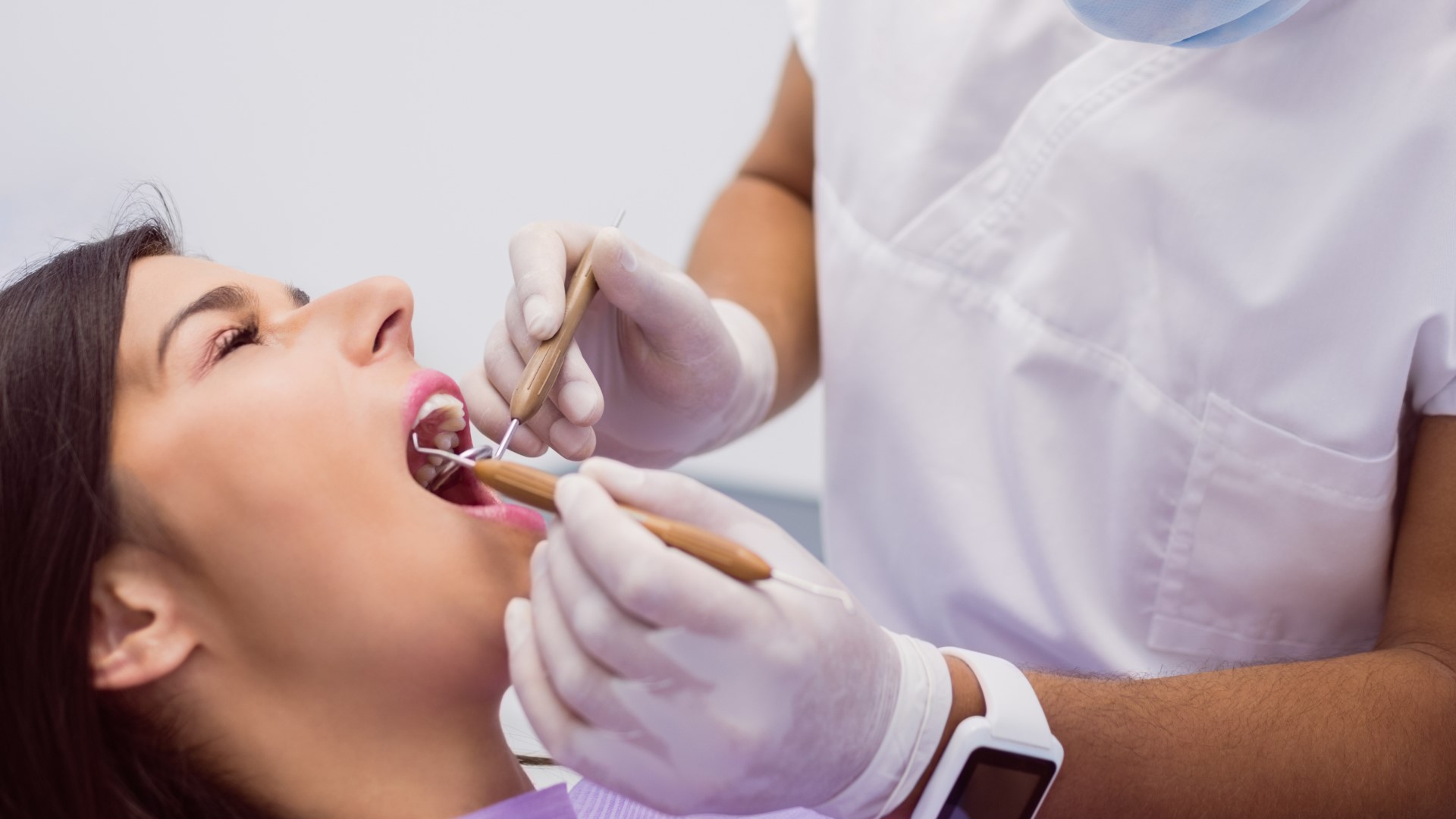Introduction
Diabetes, a condition impacting blood sugar levels, has significant implications for overall health, including oral health. It’s crucial for individuals with diabetes to understand how their condition can influence their teeth and gums. This article delves into the connection between diabetes, tooth decay, and cavities, offering insights and tips for maintaining optimal oral health.
Understanding Diabetes
Diabetes is a chronic condition characterized by high blood sugar levels. It comes in two primary forms: Type 1, where the body fails to produce enough insulin, and Type 2, where the body doesn’t use insulin properly. Proper management of diabetes is key to maintaining overall health, including oral health.
Impact of Diabetes on Oral Health
Diabetes can lead to various oral health complications. High blood sugar levels can reduce saliva flow, leading to dry mouth, which increases the risk of tooth decay and gum disease. Diabetic patients may also experience slower healing after dental procedures and are at a higher risk for infections.
Tooth Decay and Cavities
The Basics Tooth decay, or dental caries, occurs when the enamel, the hard outer surface of the teeth, is destroyed by acid produced by bacteria in the mouth. This can lead to cavities, which are small holes in the teeth. Regular dental hygiene practices like brushing and flossing are essential to prevent tooth decay.
The Diabetes and Tooth Decay Connection
Individuals with diabetes, especially those with uncontrolled blood sugar levels, have a higher risk of developing tooth decay and cavities. Elevated blood sugar levels promote the growth of bacteria that cause tooth decay. Additionally, diabetes can diminish saliva production, further increasing the risk of cavities.
Prevention and Care
Preventing tooth decay and cavities in people with diabetes involves managing both the diabetes and practicing good oral hygiene. Here are some tips:
Blood Sugar Control: Keeping blood sugar levels within the target range is crucial. Follow your doctor’s advice regarding diet, exercise, and medication.
Oral Hygiene: Brush your teeth twice a day with fluoride toothpaste and floss daily. Consider using an antiseptic mouthwash to reduce bacteria.
Regular Dental Checkups: Visit your dentist at least twice a year for cleanings and checkups. Inform your dentist about your diabetes and any medications you take.
Healthy Diet: Reduce your intake of sugary and starchy foods that can contribute to tooth decay.
Stay Hydrated: Drinking water helps to produce saliva, which protects against tooth decay.
Quit Smoking: Smoking increases the risk of serious diabetes complications, including oral health problems.
Regular Dental Checkups
Regular dental visits are vital for everyone, but they are especially important for individuals with diabetes. During these visits, your dentist can detect early signs of tooth decay and provide treatment to prevent further damage. Additionally, professional cleanings can remove plaque and tartar that regular brushing and flossing might miss.
Conclusion
Managing diabetes is essential for maintaining good oral health. By controlling blood sugar levels, practicing excellent oral hygiene, and making regular visits to the dentist, individuals with diabetes can significantly reduce their risk of tooth decay and cavities. Remember, your oral health is an integral part of your overall well-being, especially if you are living with diabetes.




